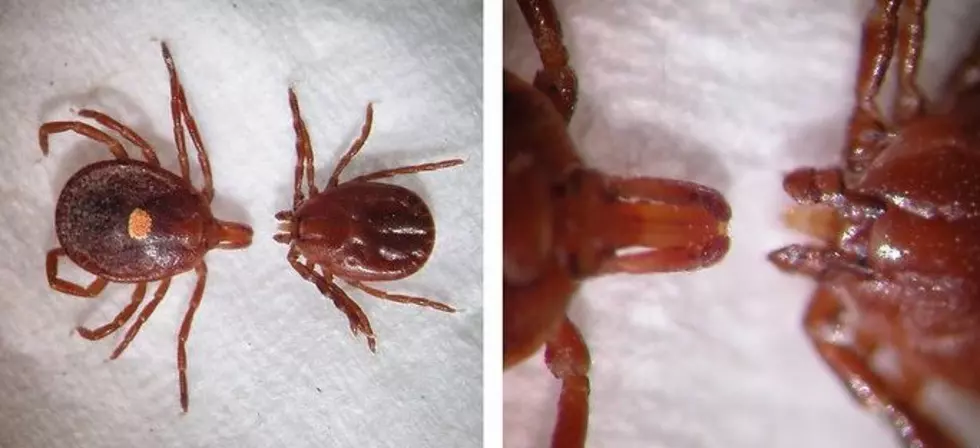
Invasive Deadly Tick Fatal to Cattle Invading Arkansas
Arkansas cattle producers are being urged to check their herds for unusual ticks and take measures to prevent transmission of theileriosis or other tick-related diseases.
The warnings follow the recent finding of additional Asian long-horned ticks in northwest Arkansas by scientists with the University of Arkansas System Division of Agriculture. The invasive tick can transmit the Theileria Orientalis parasite, which attacks blood cells. The Ikeda genotype of this organism can be fatal to cattle.
According to a press release, there is no treatment for the theileriosis this organism causes, and survivors of the initial infection carry the Theileria parasite for life. Asian long-horned ticks are very small. The adult female is only about the size of a pea when it is full of blood. Their size and quick movement make them very hard to detect.
“If they find a tick that doesn’t look familiar, they should take it to their county agent and bring all the information they can about when they found it, what animals it’s from and what pastures the animal has been in,” said Kelly Loftin, extension entomologist for the Division of Agriculture.
“We would want to know if the host animal was a cow or calf, or a recent introduction to the herd, or whether it’s been there a month or so,” he said, and “We want to know where the cow came from if they just brought it home.”
Jeremy Powell, veterinarian and animal science professor who conducts research for the Arkansas Agricultural Experiment Station, said that without effective treatments, prevention is the best medicine.
“The best thing a cattle producer can do is minimize the risk by really focusing on parasite control,” he said. Powell recommended using insecticidal ear tags or using insecticide-infused back rubbers cattle can walk under. He said ear tags are in use at the Division of Agriculture’s Savoy Unit with classes of acaricides being rotated to prevent resistance.
“Keep pastures clipped,” he said. “Wooded areas are a great place for ticks to ambush a potential host. Fence those off.”
Both Loftin and Powell said awareness by those in agriculture of these ticks and the diseases they could transmit is key “so people can be looking out for it.”
More From Power 95.9









